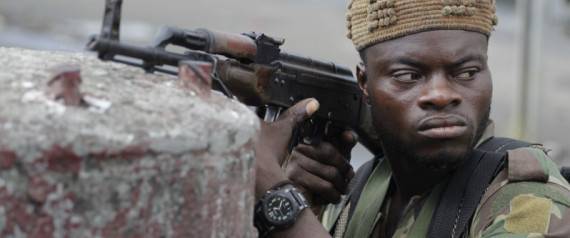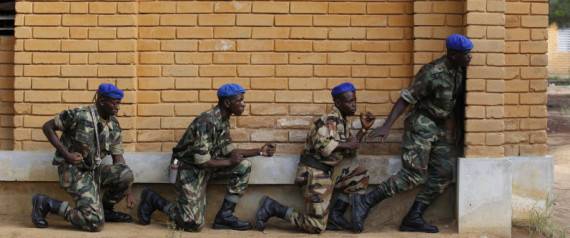- Thread starter
- #41
Ivory Coast's Gbagbo Handed To Rebels

Ivory Coast's Gbagbo Handed To Rebels

(Reuters) - French special forces have detained Ivory Coast's Laurent Gbagbo and handed him to leaders of the rebel opposition, after French tanks forced their way into his residence, a Gbagbo adviser in France said.
"Gbagbo has been arrested by French special forces in his residence and has been handed over to the rebel leaders," adviser Toussaint Alain told Reuters.
A French foreign ministry source could not immediately confirm that French forces had detained Gbagbo. "We have no evidence that can confirm that," the source said.
Earlier on Monday a column of more than 30 armored vehicles advanced toward Gbagbo's residence in Abidjan, a witness told Reuters, and Alain said they had penetrated the building.
"It's French forces taking in the rebels," he said. "French special forces are inside the residence."
Ivory Coast's Gbagbo Handed To Rebels





 well played......
well played......